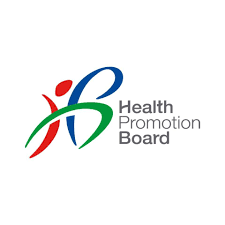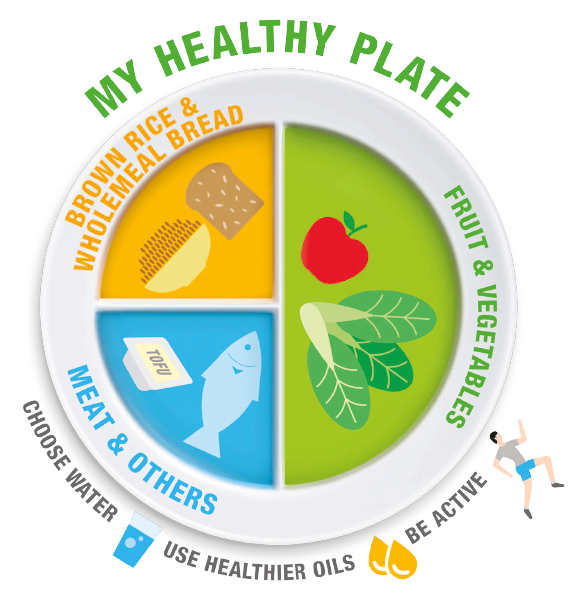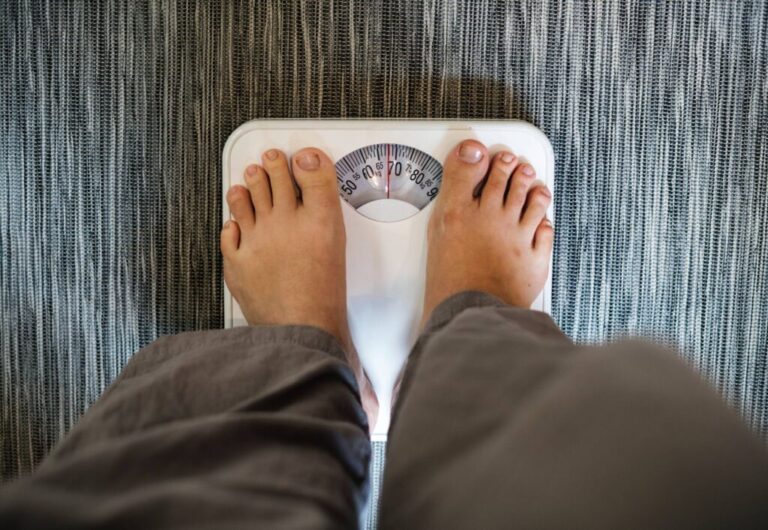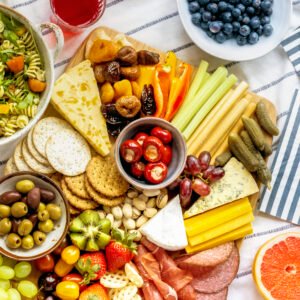Blog
Healthy Food For Elderly

09/03/2022
Eating well and staying fit are important no matter your age. As we get older, our bodies need different nutrients and we may even need more for good health. Healthy food for elderly helps them feel their best each day, and helps prevent or manage heart disease, diabetes, osteoporosis, falls, and some cancers.
As you age, you need less calories and may have a smaller appetite. It’s important to make every bite of food as nutritious as possible, to get enough essential vitamins and minerals. Remember: It’s never too late to eat healthy!
Health Promotion Board, SingaopreThese Dietary Guidelines are based on Health Promotion Board’s Guidelines on healthy food for elderly (over 65 years old) to emphasise aspects of nutrition particularly important to this age group, including:
- Drinking enough
- Eating enough fibre and protein
- Getting enough nutrients

Tips to optimise your nutrition:
- Choose nutritious foods
- Make sure you eat 3 meals a day, with 1-2 snacks
- Eat with a family member, friend or caregiver
- Maintain independence with finger foods, meal time devices, or assistance with feeding
If you have any medical conditions like swallowing difficulties, diabetes, or heart disease, some of these meal plans may not be suitable. Speak to your doctor or dietitian.

Maintaining a Healthy Weight

What if you’re unintentionally losing weight or appetite?
If you are losing interest in food or unable to eat enough, you will lose weight or muscle and become frail. If this is happening, high calorie and high protein foods need to be eaten at each meal and snack. Here are some ideas to increase your energy and protein intake:
- Have small, frequent meals throughout the day.
- Eat when it’s time to eat, rather than waiting until you’re hungry.
- Prioritise eating protein foods if you don’t have space for carbs and vegetables.
- Add sesame oil, minced meat, fish, egg or tofu/taukwa to porridge.
- Spread butter, peanut butter or kaya on crackers.
- Use oral nutritional supplements like Ensure or Glucerna.
Vitamin D is the Sunshine Vitamin
Vitamin D helps you absorb calcium for strong bones. It’s difficult to get enough from food alone; you can get some from fatty fish, eggs, liver, and fortified dairy. You need 5-30 mins sun exposure per day with arms and legs for your skin to produce vitamin D.
Sitting behind a window or using sunscreen won’t be effective as that will block the UV rays. Try to sit on the balcony, hang your laundry with arms exposed, or take a walk in a park. You may need a vitamin D supplement, speak to your doctor.
Calcium for Bones
Healthy food for elderly include those with more calcium to prevent fractures. Make sure you eat 1 serving per day of calcium-rich foods such as 2 glasses of milk, cheese, or yoghurt. If you are lactose intolerant, try lactose-free milk or non-dairy options like:
- 2 glasses of soy milk, cereals and other foods fortified with calcium
- 1 piece of taukwa or 1.5 boxes of silken tofu
- ½ can of sardines and other fish with edible bones
- 1 cup of green leafy vegetables like kai lan, spinach and chye sim
Healthy Food for Elderly Includes Protein for Muscle
Older adults also need more protein to keep muscles strong. Meat, poultry, fish, eggs, legumes like beans and lentils, tofu, nuts and seeds are excellent sources of protein, iron and B vitamins.
Make sure you eat 2 servings per day. One serving is
- 1 palm-size (90) piece of meat or fish
- 5 prawns
- 1 piece of taukwa 1.5 boxes of silken tofu
- 3 eggs or 1 cup of legumes
Adequate Fluid Intake
Many older people don’t drink enough fluids, as our sense of thirst declines when we age. Most older people need 6-8 cups of fluid each day. This includes water, milk, juice, soup, coffee/tea. People who are incontinent often limit their fluid intake. This is not a good idea as concentrated urine increases the desire to go to the toilet. Speak to your doctor for advice.
Drinking enough fluids helps prevent constipation, keeps the kidneys healthy, and prevents dehydration. Note: If you have a fluid restriction, make sure you drink to that volume only.
- Keep a bottle or glass of water nearby.
- Have a cup of tea, coffee or soymilk in the afternoon.
- Drink a glass of water when you wake up.
- Leave a glass of water somewhere visible and accessible
- Have a large glass of water with medications.
Swallowing or Chewing Problems
Healthy food for elderly may include texture modified diets if you have trouble swallowing. Coughing and choking while eating or drinking can indicate swallowing problems. Talk to a doctor or speech pathologist. If you have problems with your teeth or dentures see your dentist.
Here are some tips to make foods easier to swallow, bite or chew:
- Thicker liquids are sometimes easier to swallow.
- Chop, mash or puree foods. Use a knife, scissors, fork, blender or food processor.
- Add gravy or sauce to moisten food.
- There are several texture levels – try which suits you best or as recommended by a speech pathologist.
Finger Foods
Some older people may find cutlery hard to use.
Providing food that can be picked up with fingers is a good alternative to feeding. Finger food provides continued opportunity for independence and encourages enjoyment of eating. This menu gives some ideas:
Healthy Food for Elderly Meal Plan Sample (Finger Food)
Breakfast: Kaya wholemeal toast with soft boiled egg and banana
Morning tea: Peanut or tuna pancake with tea, coffee or milk
Lunch: Cut-up popiah or kueh pie tee with chopped prawns
Afternoon tea: Cubes of cheese, ham and corn or fruit and veggie sticks with a yoghurt dip
Dinner: Sataymeat patties, brown rice ketupat, cooked broccoli and tomato pieces
Supper: A cup of milk and wholemeal biscuits
For more information on how to plan a diet for your family member and healthy food for elderly, email us at enquiry@i-kare.world

iKare
We are here for you. Contact Us Today. Do not hesitate and contact us for any information. Our friendly team is always available to see how iKare can help you.

Table of Contents
We are here for you. Our friendly team is always available to see how iKare can help you.

